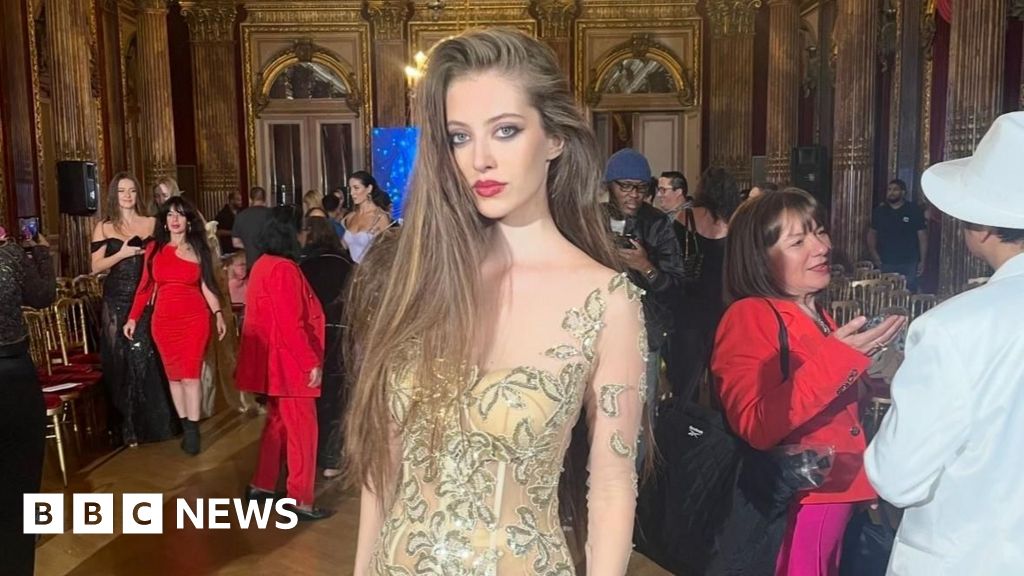AI Generated Miss England Contestants: A Game Changer or A Risky Move?
2025-08-31T06:27:51Z

Imagine walking into a beauty pageant where the contestants are competing with AI-generated versions of themselves! It sounds like something straight out of a sci-fi movie, but that's the reality of this year's Miss England pageant. The introduction of an AI round has sparked fierce debate—are we witnessing evolution in the modeling industry, or are these digital avatars a dangerous distraction?
Miss England is no stranger to controversy. Over the years, the pageant has transformed dramatically, from eliminating its swimwear round to focusing on categories that promote empowerment and skills beyond traditional beauty standards. This year, in a bold move reflecting the digital age, the competition introduced an AI round that requires models to create and commercialize their virtual, AI-generated avatars. Only three out of the 32 semi-finalists opted to take the plunge into this uncharted territory, leaving many to wonder: is this innovation or a step backward?
One of the brave contestants, Jessica Pliskin, a 23-year-old physics master's graduate from the University of Bristol, is embracing the challenge. She believes this AI-generated newscast about the competition could define her career: "The modeling industry is going to change, but I think that this is something that will help me," she said, expressing excitement about the potential for her digital twin to elevate her profile in a competitive field.
However, not everyone shares her optimism. Fellow model Harriet Webster has raised alarms about the implications of AI in modeling, arguing that these digital clones could erase individuality and authenticity. "These clones take away a model's personality—there's something quite scary about it," she stated, highlighting a growing concern that AI-generated models could replace real ones, putting many careers at risk.
The AI round allows contestants to pitch their avatars to brands and agencies, with the model whose avatar secures the most contracts advancing in the competition. Originally, five contestants signed up, but two withdrew, citing concerns from family and friends about the dangers of AI. Despite this, Angie Beasley, the director of Miss England, insists the AI round is a necessary evolution, fostering digital literacy and entrepreneurial skills among contestants.
The debate surrounding AI in modeling took on new dimensions when an AI model made its debut in a Guess advertisement in Vogue, raising questions about the fine line between innovation and exploitation. While some see AI as a tool for empowerment, others worry about the erosion of authenticity and creativity in industries reliant on human talent.
As the semi-finals approach, contestants like Jessica are hard at work, crafting their digital selves with AI company MirrorMe. This partnership allows her to monetize her avatar while learning how to market it. Contestants will hold contracts with both MirrorMe and Miss England, with the potential to earn from their avatars—an arrangement that could change the modeling landscape forever.
As the fashion and entertainment industries grapple with the rise of AI, trade unions are advocating for fair treatment of models and creative professionals affected by this technological shift. The future of modeling might be more digital than we ever imagined, but will it come at the cost of what makes it unique and human? Only time will tell.
 Mei-Ling Chen
Mei-Ling Chen
Source of the news: BBC